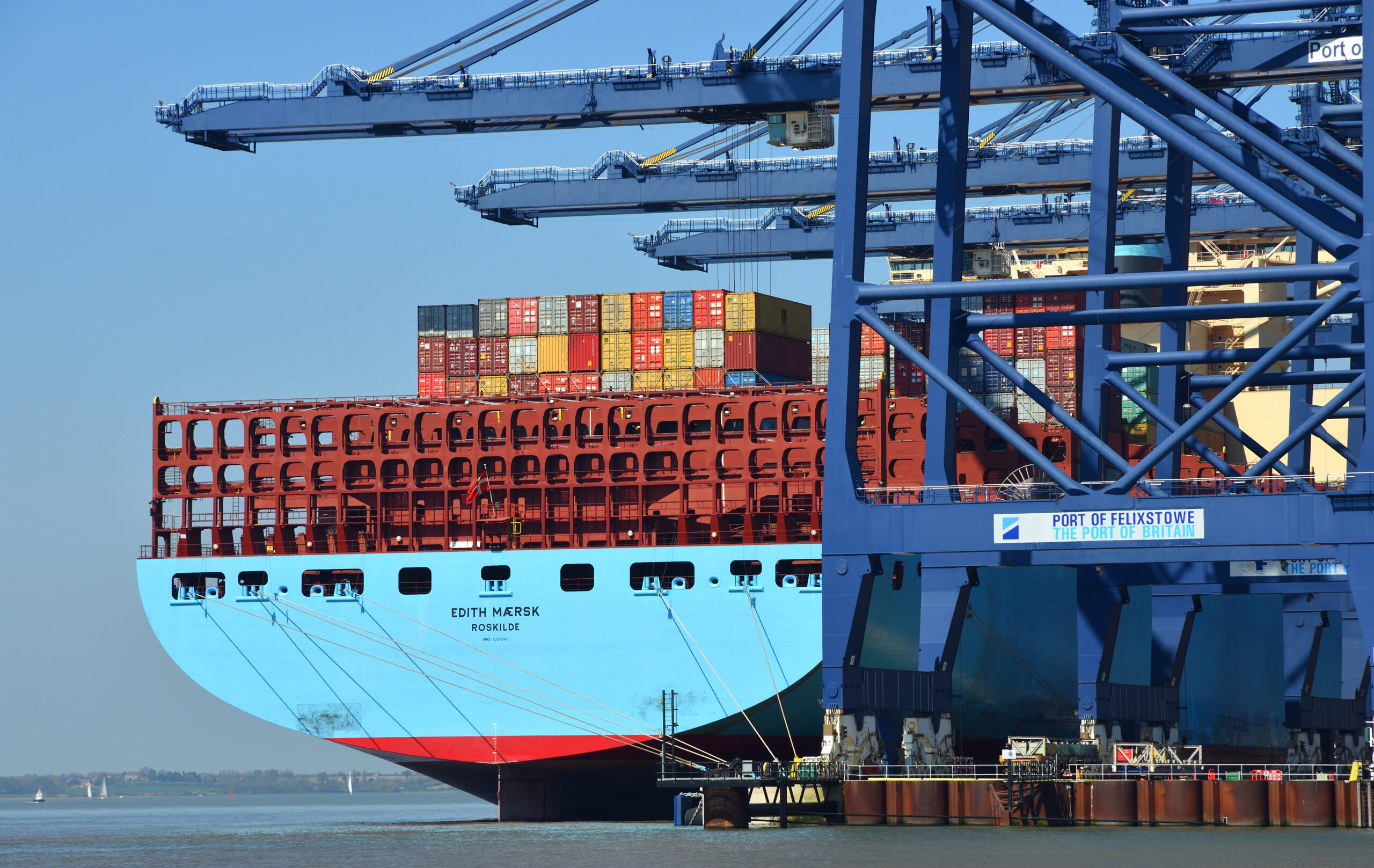A new publication from the Maritime Emissions Reduction Centre (MERC) emphasises the significance of energy efficiency measures in ensuring shipping meets the International Maritime Organization’s (IMO) Mid-Term Greenhouse Gas reduction targets.
The report, “IMO Mid-Term GHG Reduction Measures as a Driver for Efficiency,” outlines how improving fleet efficiency, which reduces the volume of alternative fuels required by vessels, can significantly lower the overall costs associated with the maritime energy transition.
Anticipating the IMO’s Mid-Term measures, which are expected to be approved in April 2025 and enforced starting in 2027, MERC argues the introduction of carbon pricing mechanisms and goal-based fuel standards makes fleet efficiency essential to minimising the financial burden of maritime decarbonisation. These measures will require shipowners to reduce carbon dioxide (CO2) emissions by 40% by 2030; to use zero or near-zero greenhouse gas (GHG) emissions technologies, fuels and/or energy sources, representing 5% (but striving for 10%) of energy sources used by 2030; and achieving net-zero emissions by 2050.
While MERC acknowledges the important role alternative fuels (such as biofuels, ammonia, and hydrogen) will play in the industry’s long-term decarbonisation efforts, the report stresses that most of these fuels are unsuitable for today’s fleet. The maritime sector faces intense competition from other sectors for access to a limited supply of drop-in fuels that can be blended or used directly in vessels without major modifications. All of which, it suggests, reinforces the case for implementing efficiency measures as a critical tool for near-term emissions reduction.
The report cites a Comprehensive Impact Assessment (CIA), which indicates that enhanced fleet efficiency, implemented globally, could alleviate pressure on supply constraints. In a long-term analysis, this improvement would enhance the sector’s capacity to meet IMO emissions targets while ensuring economic viability. The CIA indicates that without the implementation of energy efficiency measures, meeting decarbonisation targets could result in cost increases of 16-40% under a baseline scenario, and by as much as 71% under a more ambitious trajectory.
This report is the first publication by MERC, a non-profit initiative based in Athens, established by Lloyd’s Register’s Maritime Decarbonisation Hub. LR has partnered with prominent Greek shipowners, including Capital Group, Navios Maritime Partners, Neda Maritime Agency, Star Bulk, and Thenamaris on MERC, which aims to bridge the gap between current operational realities and future energy solutions.
Improving fleet energy efficiency nonetheless brings its own set of challenges, as Stelios Korkodilos, Director of MERC, noted: “While alternative fuels will play a vital role in shipping’s decarbonisation journey, efficiency improvements will be critical for the existing fleet. Most new low-carbon fuels aren’t suitable for existing vessels, and the maritime sector will compete with aviation and road transport for limited supplies of drop-in alternatives.”
“MERC will work with all industry stakeholders to overcome the technical, financial, and commercial barriers that hinder the uptake of solutions for the existing fleet and support shipping’s transition to a low-GHG future.”
The report concludes that improving efficiency is critically important for the existing fleet to reduce GHG emissions and contribute to global decarbonisation efforts, while at the same time fulfilling its vital role in facilitating global trade.



